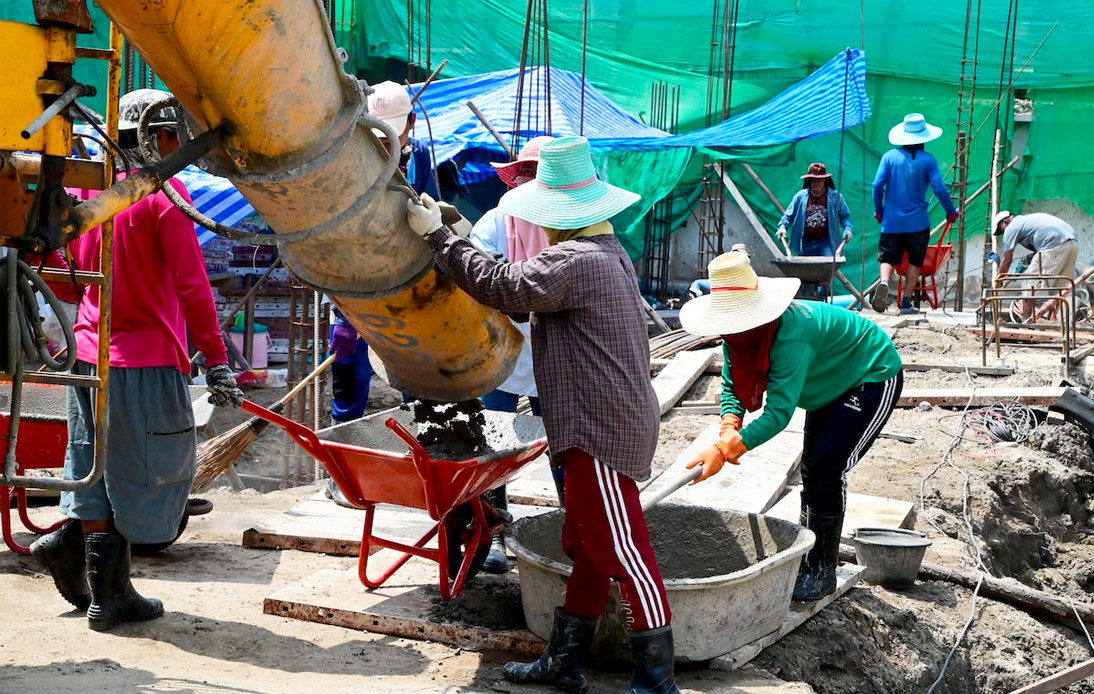
The Federation of Thai Industries (FTI) has expressed concern that businesses will face increased operating expenses if the government proceeds with its plan to increase the daily minimum wage to 400 baht this year.
The coalition government, led by the Pheu Thai Party, had previously suggested raising the minimum wage to 600 baht per day by 2027, starting with an increase to 400 baht in 2024.
Towards the end of last year, the tripartite wage committee, comprising government, employer, and employee representatives, agreed to raise the wage by an average of 2.37%, equivalent to an increase of 2 to 16 baht per day.
This new wage rate, effective from January 1 this year, was considered insufficient for some workers, particularly those in the Deep South, according to Prime Minister Srettha Thavisin.
The prime minister advocated for a reasonable wage increase and proposed that the minimum wage could be reviewed more frequently than annually.
Montri Mahaplerkpong, the FTI’s vice-chairman, stated, “We want the daily wage to stay unchanged, in line with the tripartite wage committee’s decision.”
The federation previously cautioned that a swift increase in wages could severely affect small and medium-sized enterprises (SMEs), especially given the high interest rates and household debt levels in the country.
This could lead some SMEs to close their operations, the federation noted.
According to the FTI, the proposed wage increase would have a minimal impact on the Thai economy because migrant workers, who would benefit from the raise, typically spend only half of their earnings within Thailand and send the rest back to their home countries.
The federation has reported that it is keeping an eye on the potential rise in illegal migrant workers from Myanmar, in response to the military government’s intensified conscription efforts aimed at dealing with an anti-government insurgency.
It is expected that a significant number of individuals from Myanmar will come to Thailand in search of employment to avoid conscription, as per the FTI.
Additionally, the federation reported an increase in the Thai Industries Sentiment Index (TISI) to 90.6 points in January, up from 88.8 the previous month.
The rise was linked to increased consumer spending, spurred by the government’s launch of the Easy E-Receipt scheme, which provides tax rebates of up to 50,000 baht, and the introduction of a visa-free policy for certain international tourists.
Additionally, expenditures surged as the Chinese New Year festival approached in early February.
The January TISI reflects the findings of a survey involving 1,331 entrepreneurs from 46 industry clubs within the FTI, highlighting a global economic slowdown as the primary concern (82.5%), followed by high loan interest rates (73.7%) and the unpredictability of fuel prices (50.1%).




















